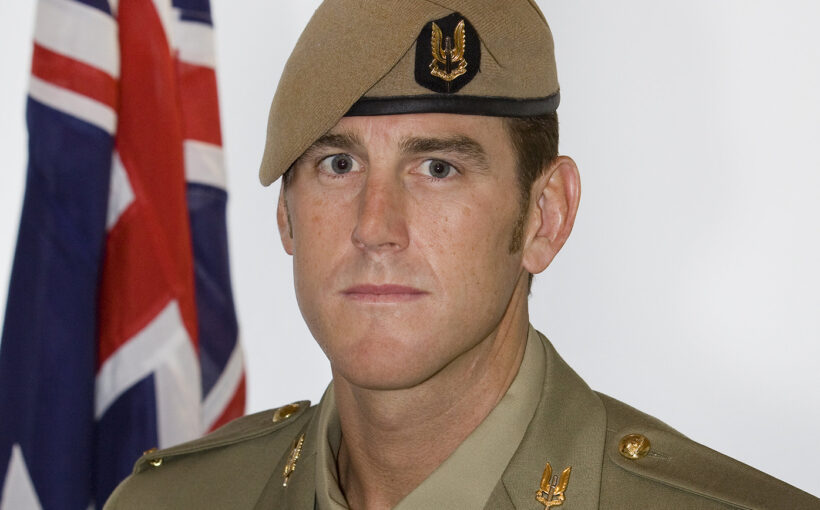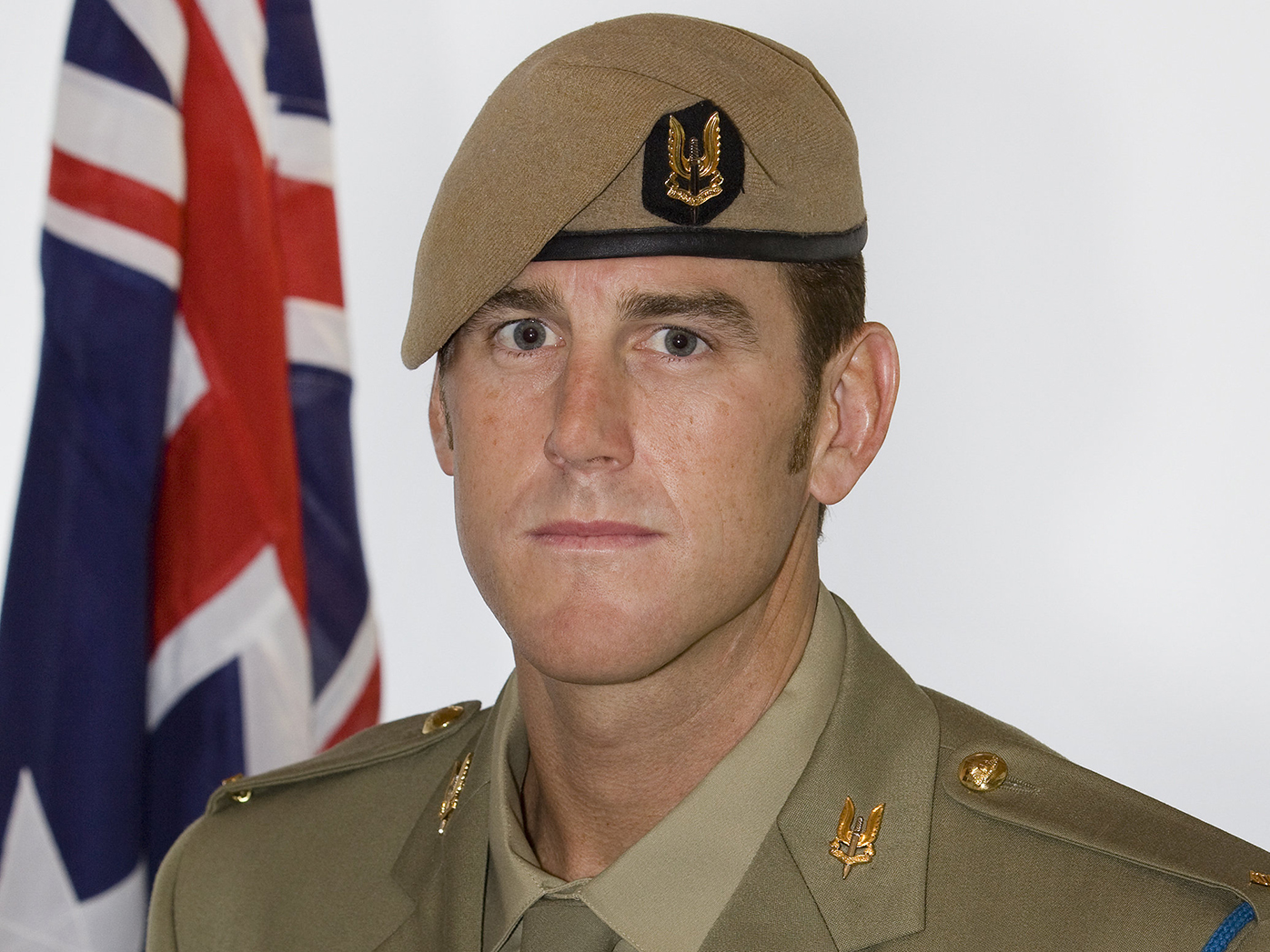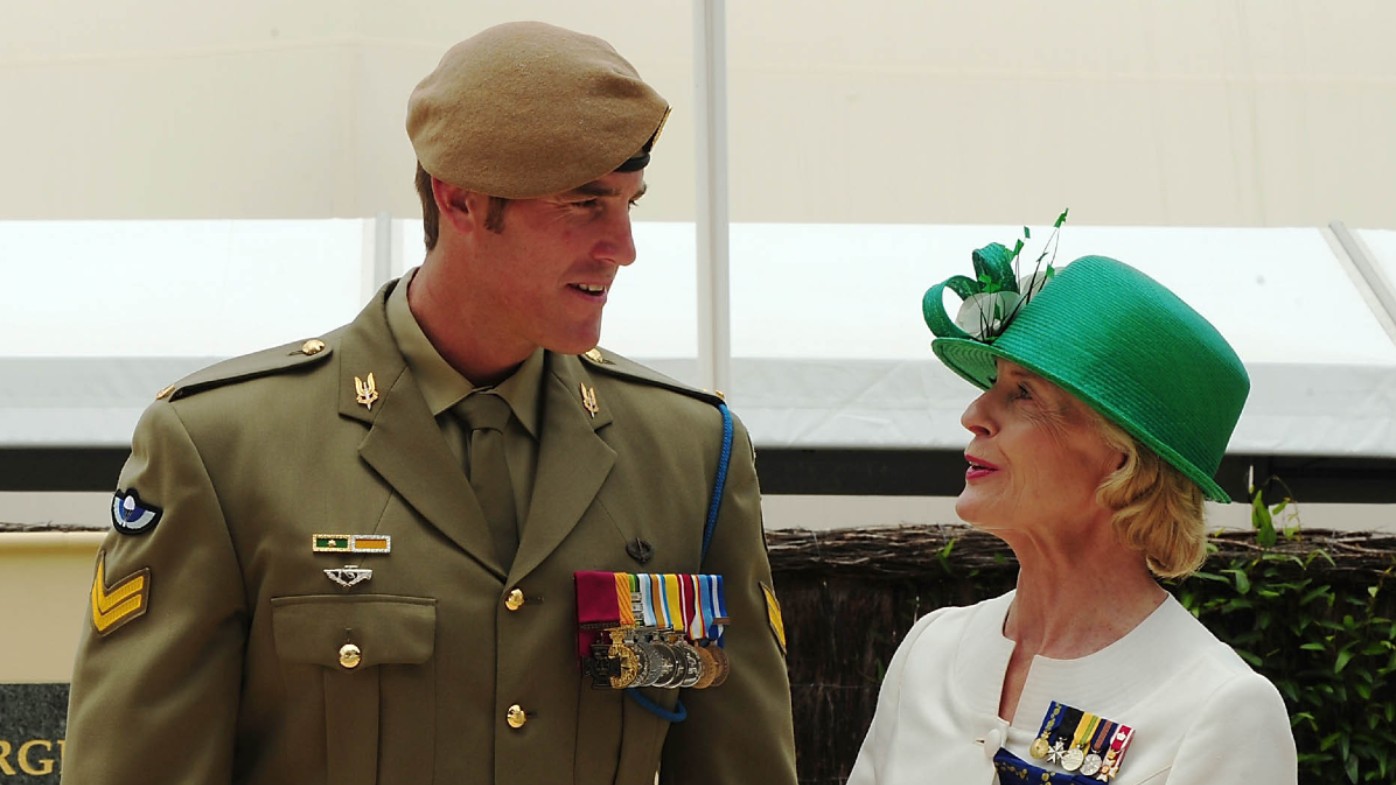Ben Roberts-Smith, Australia's most-decorated living soldier, has failed in his defamation bid against three newspapers The Age, The Sydney Morning Herald and The Canberra Times.
Roberts-Smith had sued the newspapers around allegations of five unlawful killings of Afghans the newspapers claim he either committed or was complicit in.
A Federal Court judge found allegations Roberts-Smith murdered or was complicit in the killing of four unarmed Afghans while deployed overseas were "substantially true" in a landmark defamation ruling.
Justice Anthony Besanko has delayed his written judgement from being distributed.
The court found during a raid on the Whiskey 108 – the name given by the SAS to a compound in the village of Kakarak – Robert-Smith unloaded his machine gun into an Afghan man with a prosthetic leg.
He then ordered the killing of another unarmed Afghan.
This leg was taken back to base by another soldier as a trophy and used by Australian troops as a drinking vessel.
The court also found Roberts-Smith was complicit in the murder of Afghan farmer Ali Jan at Darwan in 2012. Roberts-Smith kicked the unarmed and handcuffed man off a cliff and into a river bed.
Jan was then dragged along a creek bed to the edge of a corn field and shot by another soldier.
The fourth murder the 44-year-old was complicit in, was when in October 2012 Roberts-Smith ordered an Afghan ally to kill an Afghan male they were questioning, who was not demonstrating signs of violence.
The final accusation was the alleged murder of an unarmed Afghan teenager in November 2012 – but this was not proven by the newspapers.
The trial also heard allegations of domestic violence by Roberts-Smith against a woman who was referred to in court as Person 17.
These were not proven, however as the seriousness of the claims that were found to be true are more seriously damaging to his reputation, this was dismissed.
These findings were made as part of a civil case and are not findings of criminal guilt.
The trial
The defamation trial began in June 2021 and sat for 110 days over 13 months, and heard from 41 witnesses including three who gave evidence from Afghanistan.
It has been described as a proxy-war crime trial, raising uncomfortable questions about the Australian defence force, and testing the limits of press freedom.
It's also been the closest look at the covert operations undertaken by Australian special forces overseas the public has known.
During the trial the soldier's lawyers argued that the allegations published by the newspapers and journalists Chris Masters and Nick McKenzie were sensationalist, based on rumours and accounts from jealous and obsessed former colleagues.
There was an eight month break in the middle of proceedings due to the COVID-19 pandemic, and when hearings resumed SAS witnesses were called by the newspapers.
The specialist soldiers who gave evidence were protected at all costs, snuck in and out the building so as not to blow their cover.
They were also given codenames, and many were granted certificates preventing any admissions of evidence that may have implicated them from being used against them in criminal proceedings.
Some parts of the hearings were conducted in closed court because of the national security implications.
More to come…
Nine, the publisher of this website, is also the publisher of The Sydney Morning Herald and The Age.





